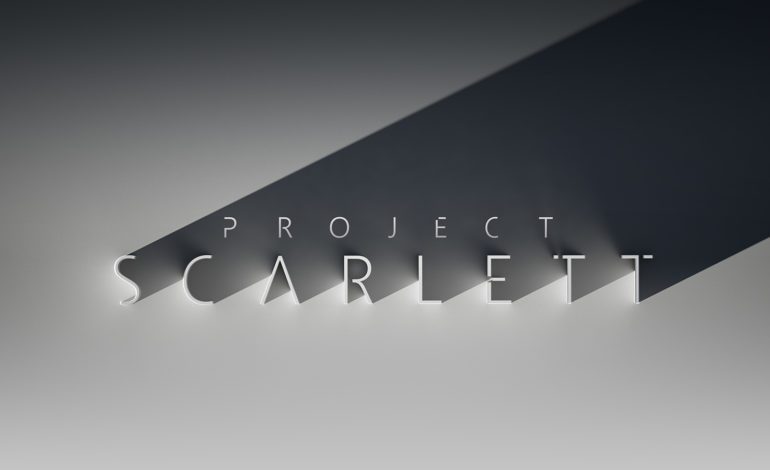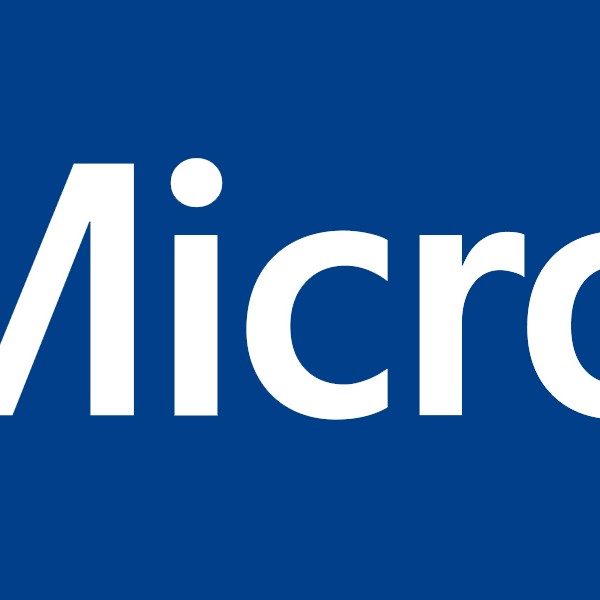

Microsoft’s Vice President of Gaming Phil Spencer says that the upcoming next-generation console Project Scarlett will not be focusing on VR in an interview with Stevivor conducted during Microsoft’s Xbox X019 event. This is a change of direction for Microsoft since the early days of the Xbox One X development, which in 2016 was dubbed “Project Scorpio.” At that time in 2016, Spencer told Stevivor that the console was being developed to be VR capable, even though he wasn’t sure of the technology’s long term viability.
Phil Spencer told Stevivor that customers simply don’t think about VR when they think about gaming on Microsoft’s consoles. “We’re responding to what our customers are asking for and… nobody’s asking for VR.” Spencer went on to add that “the vast majority of our customers know if they want a VR experience, there’s places to go get those. We see the volumes of those on PC and other places.”
The ability for Microsoft to turn a profit on VR experiences is a factor in the decision as well. Spencer stated that “nobody’s selling millions and millions” of VR units. Another factor in the decision to hold out on VR is the fact that the headset can be a bit of a lonely experience. “I have some issues with VR–it’s isolating and I think of games as a communal, kind of together experience.” That’s not to say that Microsoft has zero intention of ever making a VR-ready console: “I think we might get there [eventually],” Spencer said during the interview, “But yeah, that’s not where our focus is.”
Spencer’s statements on VR and the upcoming next-generation Project Scarlett console come shortly after Valve’s announcement of Half-Life: Alyx, a VR-exclusive title that makes full use of the Valve Index VR hardware (it’s cross-compatible with other PC VR headsets too). Sony plans for their upcoming PlayStation 5 to be backwards-compatible with the current PSVR headset, built for the current PlayStation 4.
Microsoft’s Project Scarlett console is set to release for Holiday 2020, along with Halo: Infinite.
Play games, take surveys and take advantage of special offers to help support mxdwn. Every dollar helps keep the content you love coming every single day.

